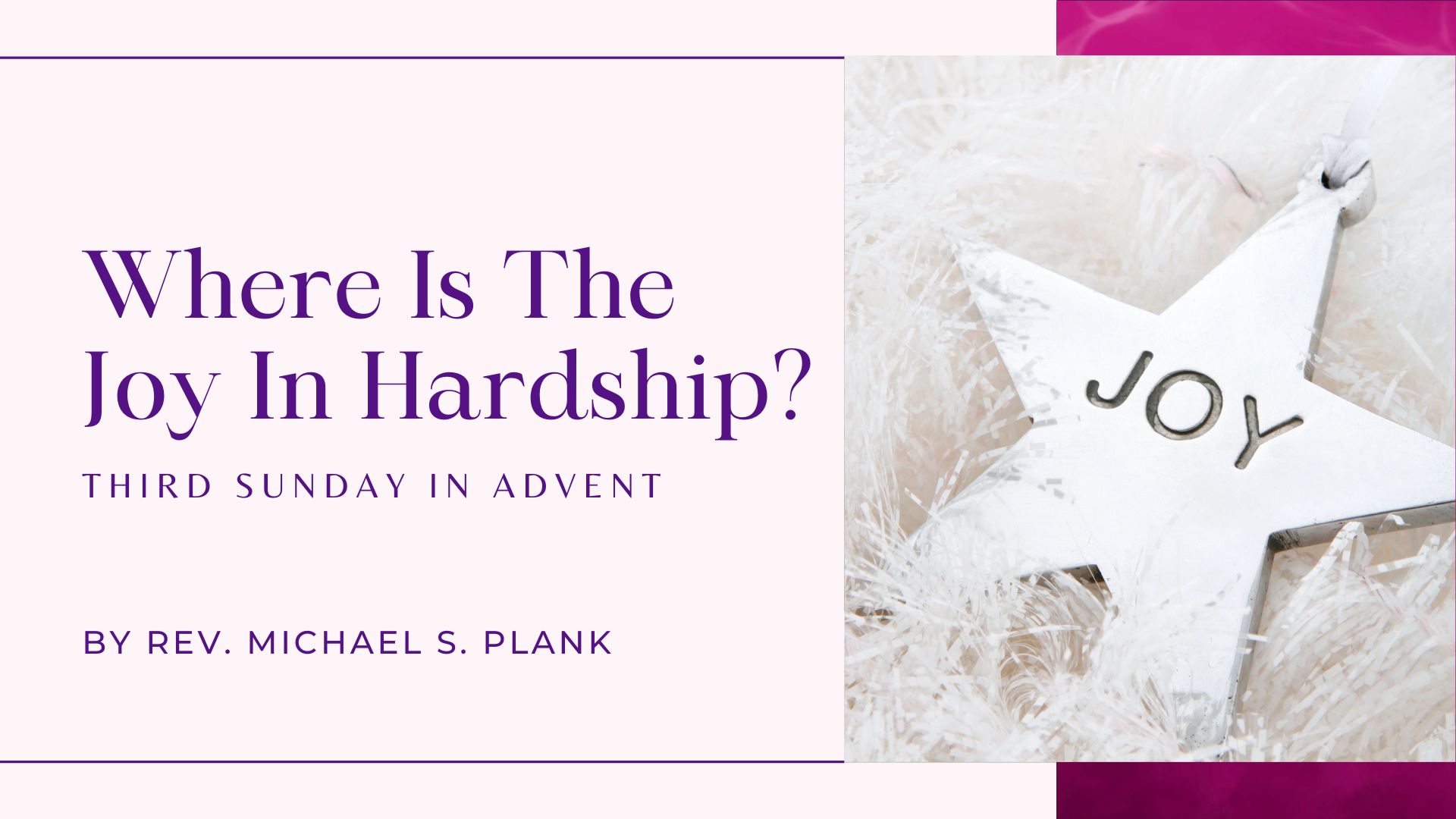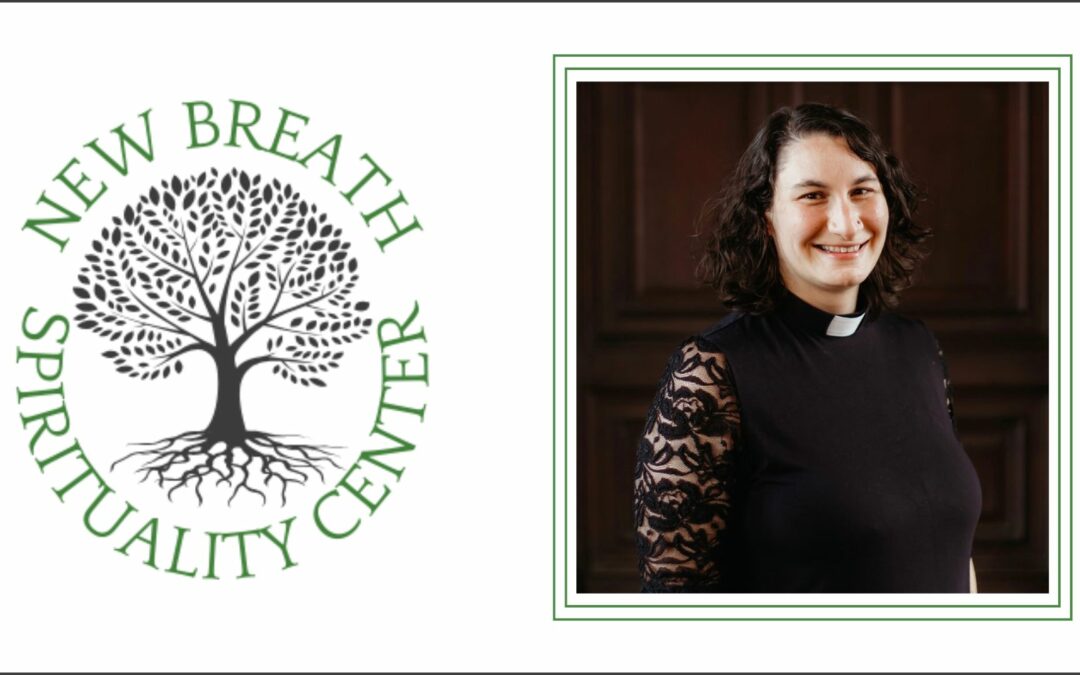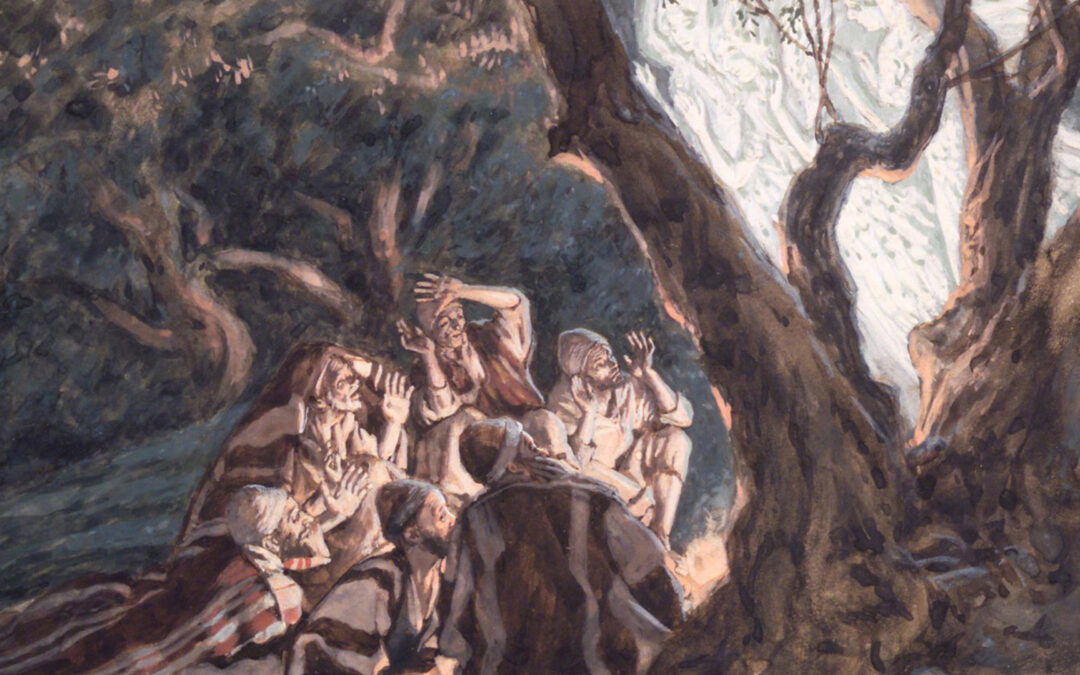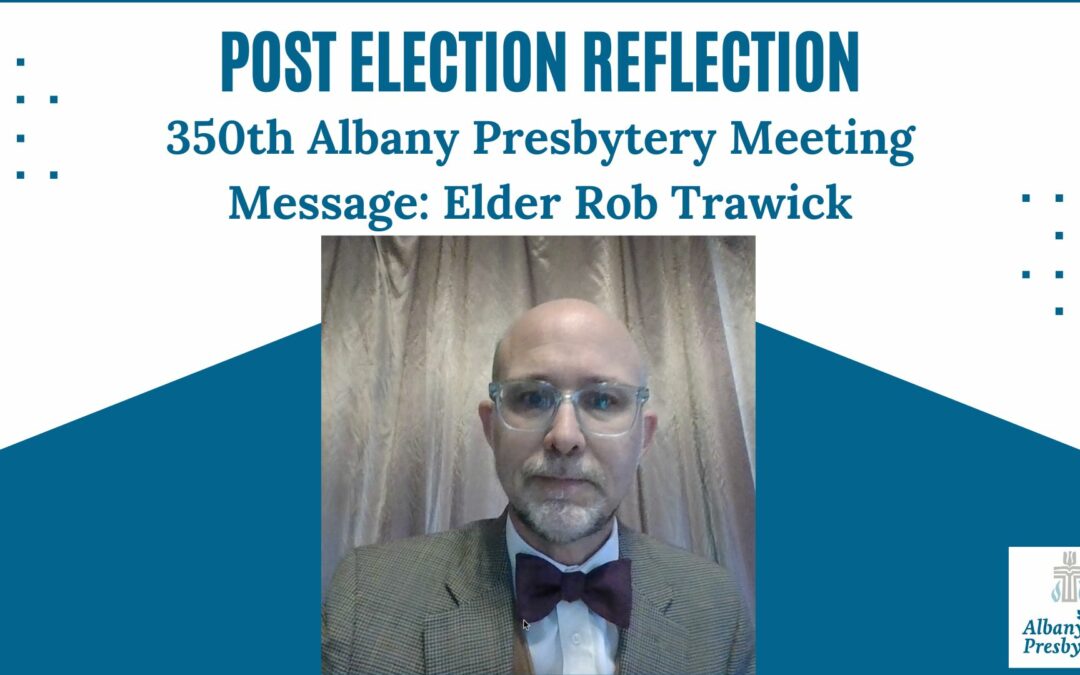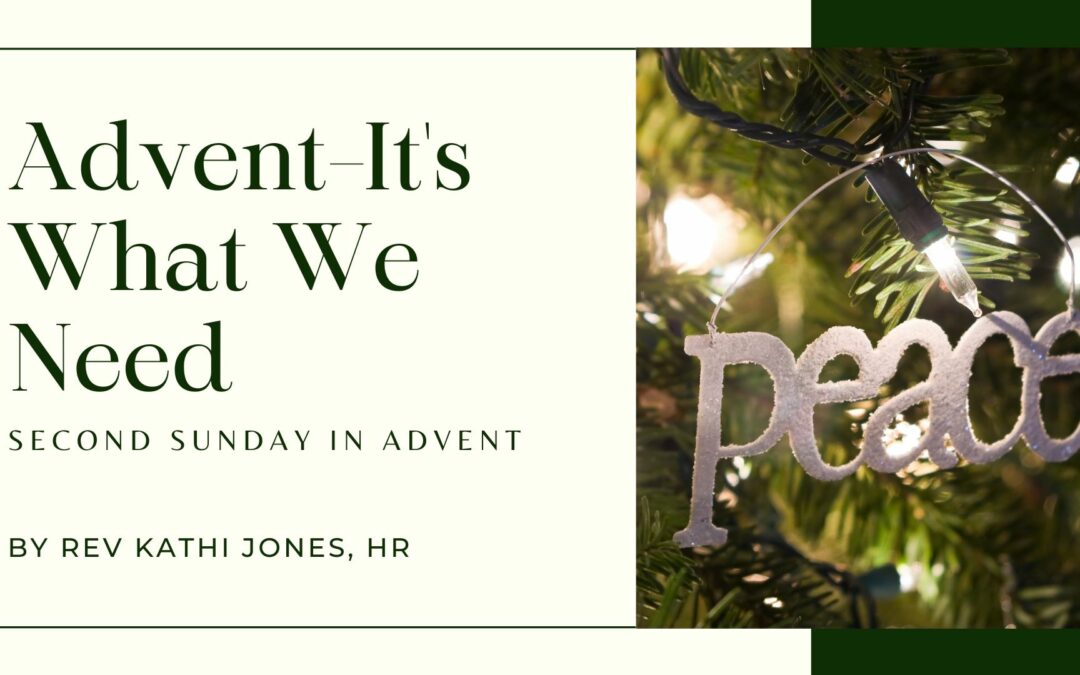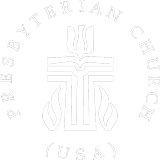Isaiah 12:6: “Shout aloud and sing for joy, O royal Zion, for great in your midst is the Holy One of Israel.”
This week, at the New Worshiping Community I serve, we had to call the police. One of our members parked across the street in a public parking space, and a man became absolutely enraged that she had “stolen” his spot. He defaced her car, threatened fellow members who stood up for her, and screamed profanity in a local diner. All before 7am.
It seems to be a symptom of a general kind of meanness that I encounter all too often these days. You can blame the recent election if you like. Or the one before it. Or the one before that. You can blame social media or mainstream media. You can even blame cultural shifts and declines in church attendance.
But regardless of who or what is at fault, it’s clear that things are grim out there. I know a woman going through a divorce whose ex-husband just threatened to kill her. I know families terrified that they’ll be victims of hate crimes. I know people getting their passports in order, people stockpiling ammunition, and people who are suspicious of their neighbors. And I’ll bet you do too.
There is fear and violence and hatred and corruption all around us, just like there was when Isaiah preached before the absolute destruction of Jerusalem and the Exile that followed.
And he told his people to sing for joy.
That’s easier to do on Christmas Eve than a random Sunday in December, even if it is Advent. Our people are hurting. We ourselves are hurting.
And Isaiah says to sing for joy.
His context made his words hard to reconcile for me for quite a long time. Happiness is hard to come by in a landscape like his; hard to come by in a landscape like ours.
And then in seminary, my preaching professor said something I’ve never forgotten. He noted that seeming contradiction is just because we confuse joy and happiness. We use them to mean the same thing. But happiness is cheap. Happiness comes and goes. Happiness can be wiped out by something as simple as an unkind glance from a stranger. But joy goes much deeper than that.
Where joy and happiness differ, he said, is that “Joy looks suffering in the face and chooses to believe anyway.”
Joy is an act of hope. Joy is an act of love. Joy is an act of defiance, even. Our joy is that the Prince of Peace is coming, that the Holy One of Israel is in our midst.
And there is nothing cheap about a joy like that. No politician can wipe it out. No violence can extinguish it. No suffering can bully, or intimidate, or harass it into submission.
Because our joy is that a light shines in the darkness, and the darkness has not overcome it.
